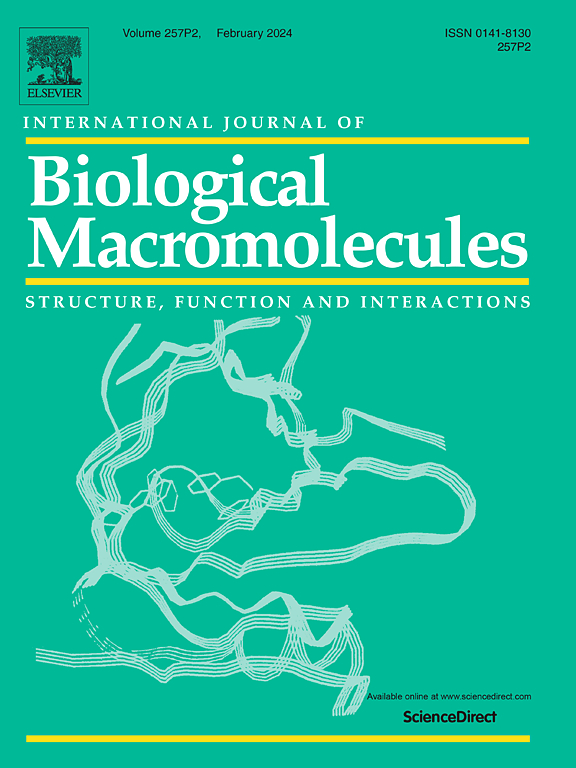Analysis on the involvement of phosphoglycerate mutase 1 in the aerobic glycolysis of melanoma cells
Abstract
Background
The aim of this study was to investigate the mechanism through which phosphoglycerate mutase 1 (PGAM1) drives aerobic glycolysis and promotes tumor aggressiveness in melanoma and to evaluate its potential as a therapeutic target.
Methods
The survival of patients with skin cutaneous melanoma was predicted. The expression of PGAM1 in melanoma cells was measured, and then the levels of markers related to apoptosis, glycolysis and immune responses in melanoma cells cultured with or without CD8+ T cells were detected. The effects of PGAM1 knockdown on the malignant phenotypes and extracellular acidification rate (ECAR) of melanoma cells were analyzed.
Results
High-expressed PGAM1 was predictive of a poor prognosis of melanoma. The viability, proliferation and invasion as well as glycolysis of PGAM1-silenced melanoma cells were suppressed. PGAM1 silencing lowered the expressions of glycolysis-related markers and anti-apoptosis marker BCL2 but promoted that of BAX, a pro-apoptosis marker. Downregulated levels of immune responses-related markers were observed after PGAM1 knockdown. POMHEX, a glycolysis inhibitor, reduced glycolysis and suppressed the levels of immune responses-related markers and anti-apoptosis marker BCL2.
Conclusion
This study revealed the involvement of PGAM1 in the aerobic glycolysis of melanoma, providing novel insights into the molecular mechanisms of melanoma progression.





